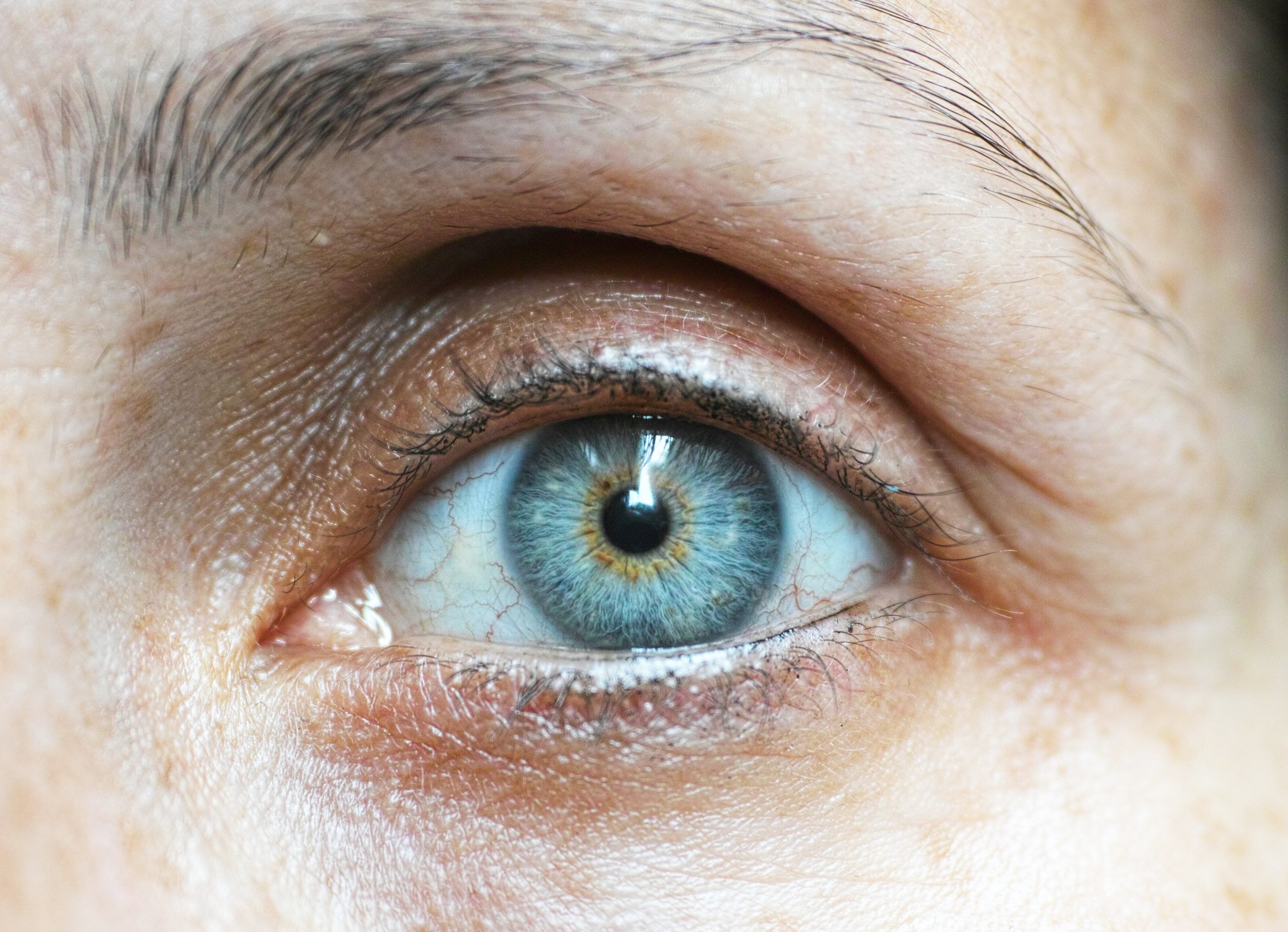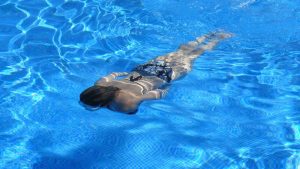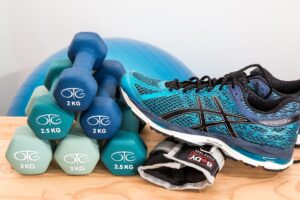Have you had problems with dry eyes recently? You might not even have considered this could be due to the menopause but dry eyes are one of the less well known symptoms. Dry eye disease is almost twice as common in women over fifty than it is in men.
This might sound minor but let me tell you, speaking from personal experience, it can be incredibly frustrating and unpleasant.
Here are some of the symptoms of dry eyes:
- Sore eyes
- Gritty feeling in eyes
- Itchy eyes
- Red eyes
- Feeling as if there is something in your eye
- Intolerance of contact lenses
- Crusting of eyelids
You might even develop blepharitis where as well as the symptoms above, your eyelids can be stuck together in the morning.
Eyes are another thing that can change as your body moves through menopause. As a runner there are some extra considerations you might want to take into account too. Let’s explore why eyes become dry in menopause and what we can do about it.
A quick look at eye anatomy
Eyes usually lubricate themselves really well. Each eye has a lacrimal gland; this is found on the upper eyelid. Tears are constantly produced by the lacrimal glands and they keep the eyes clean, moist and protected from dust, dirt and infections. When you blink, the tears are spread across the surface of the eye. Excess tears drain away into the tear ducts which are at the very corner of your eye, near your nose.
There are also tiny glands called Meibomian glands which are situated right along the lash line. There are around 20 on the lower lash line and 30 on the upper lash line. Meibomian glands produce an oily substance. When you blink, the gland is ‘milked’ and the fatty secretion called ‘meibum’ comes out onto the lash line. This oily substance covers the surface of the eye, trapping the watery tears close to the eye and reducing how quickly those tears can evaporate.
Why do eyes get dry in menopause?
Dry eyes are a very common problem generally. Anything that affects the lacrimal or Meibomian glands can lead to dry eyes. Fewer tears means less flushing of the eye surface. Less meibum means that tears evaporate away more quickly. Both lead to dry eyes.
Tear production tends to reduce with age, is a side effect of some medications and is a symptom of certain medical conditions such as rheumatoid arthritis, allergic eye disease and type 2 diabetes.
There are also lots of factors that can cause abnormal function of the Meibomian glands, for example:
Ageing – as you age, less meibum is produced by the Meibomian glands
Contact lenses – it doesn’t seem to matter which type of lens you wear and it’s not known exactly why but lens wearers are at higher risk of dysfunction of the Meibomian glands.
Screen time – Most people blink around 15 times per minute but this is reduced when you are looking at a screen. Less blinking means less meibum is milked out.
Hormonal changes –The sex steroids oestrogen, progesterone and testosterone affect the function of the Meibomian glands. Testosterone increases the production of the fatty secretions in glands so when testosterone levels fall during menopause this can lead to less meibum, faster evaporation of tears and therefore dry eyes. Oestrogen is thought to decrease the production but it’s not clear whether giving oestrogen in HRT improves dry eyes, in some women it seemed to worsen it.
When meibum isn’t constantly produced and secreted it can build up in the gland and the gland is then at risk of withering away, this is called gland atrophy. It naturally happens with age but it can be accelerated by other conditions including those in the list above.
How do dry eyes affects runners?
Runners usually complain that their eyes water when they run not that their eyes are dry. However, the underlying cause might actually be dry eyes. Hot, cold or windy weather can dry your eyes out and as a result, your eyes might increase tear production to counteract this. As runners we’re more exposed to the elements and also to pollen which can be an eye irritant for some. Eyes can be problematic while you run and when you get in from a run too.
What can you do about dry eyes in menopause?
We can’t stop natural ageing but we can address some of the other factors that exacerbate dry eyes and take steps to treat and prevent dry eyes:
- Have regular contact lens checks
- Reduce screen time, have breaks away from the screen and be conscious of blinking frequently
- Use warm compresses on eyelids to soften Meibomian gland secretions
- Gently massage eye lids to help gland secretion
- Clean eyelids daily – use dilute baby shampoo and cotton wool
- Use an artificial tear drop – you could do this before and after you run
- Avoid eye make-up
- Wear glasses/sun glasses to protect eyes when running
- Avoid running in high winds or choose more sheltered routes
Eyes are very precious and if you are having recurrent eye symptoms, visit your optician or GP to discuss.
For more tips. advice and menopausal running science sign up for my weekly newsletter below!
Photo by Engin Akyurt







